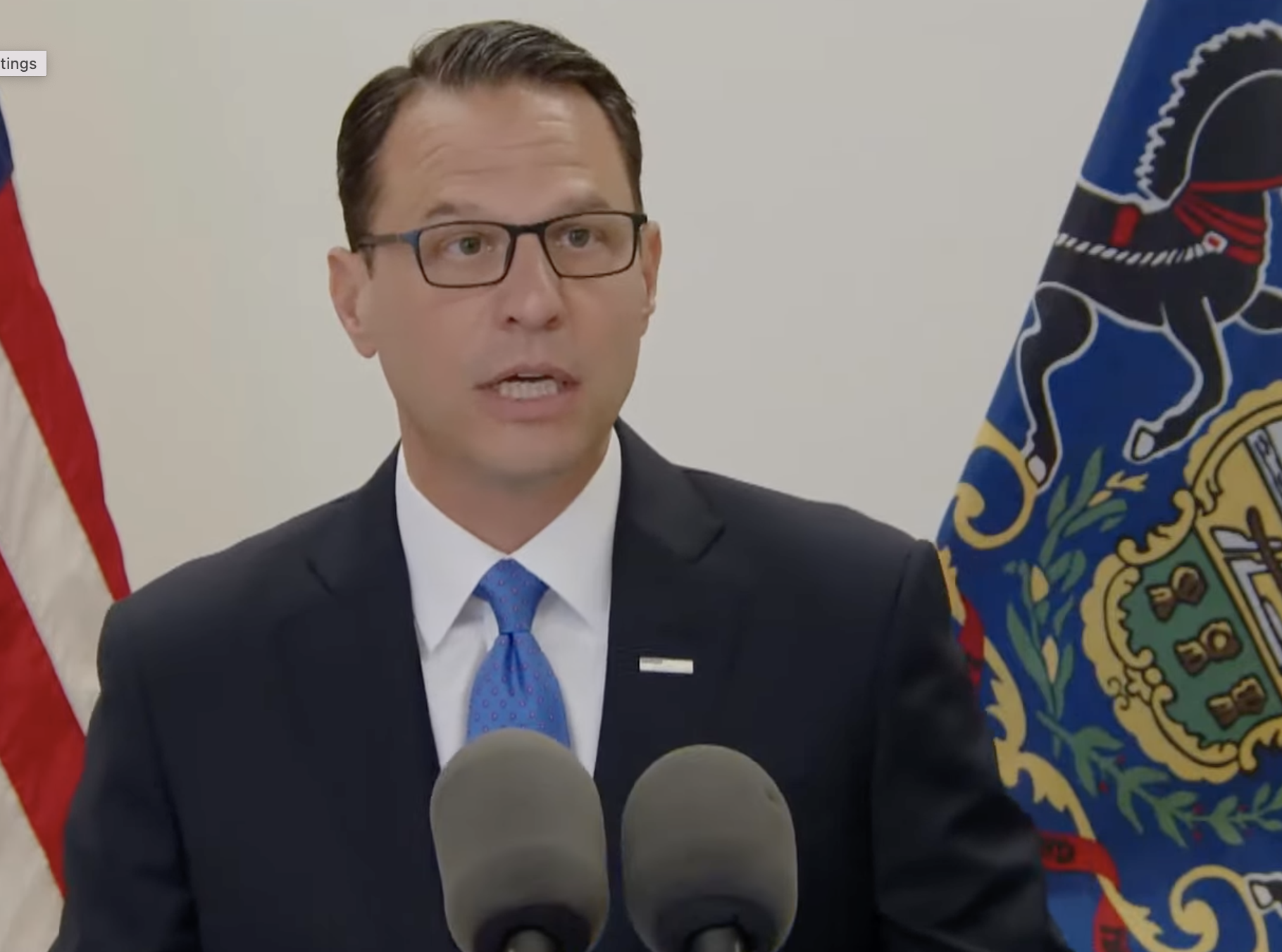Gov. Josh Shapiro plans to allow the House to pass a $45.5 million budget without the school choice scholarship program that the Senate approved through negotiations with him. The budget for the 2023-24 fiscal year was due June 30. But with the Democratic-controlled House refusing to go along with the $100 million earmarked for the […]



